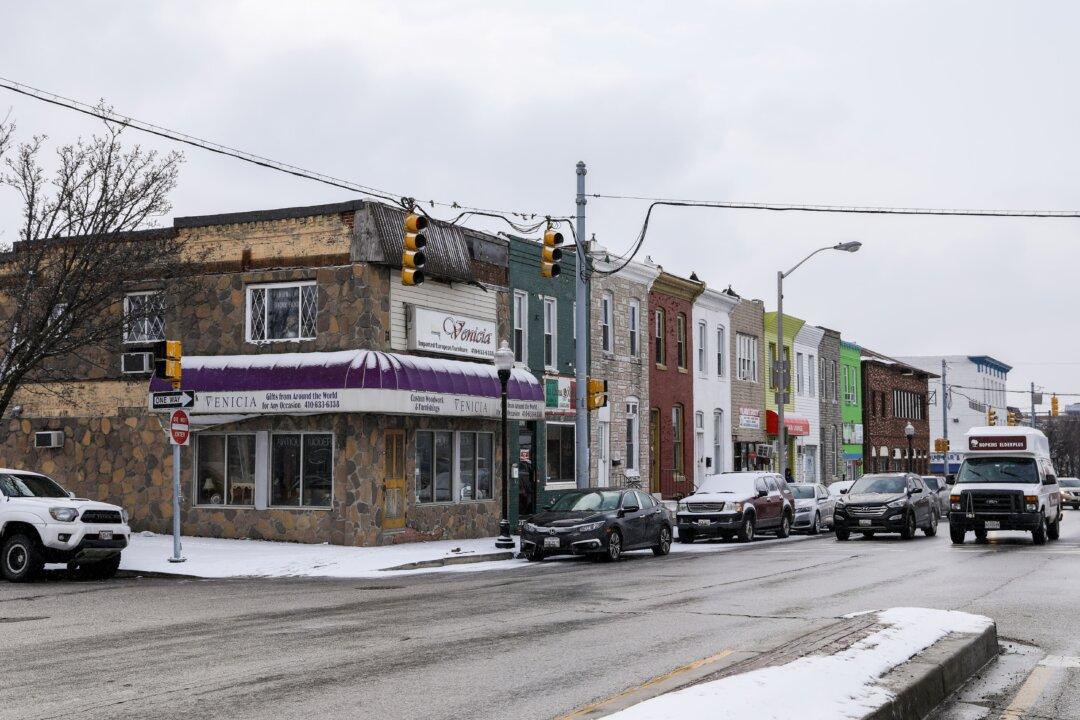Even though Maryland’s Baltimore City School district is ranked at the top for public school funding, it has abysmal academic results.
Denisha Allen, founder of student advocacy group Black Minds Matter, said the problem is that Maryland officials don’t know what is really going on at the classroom level.





